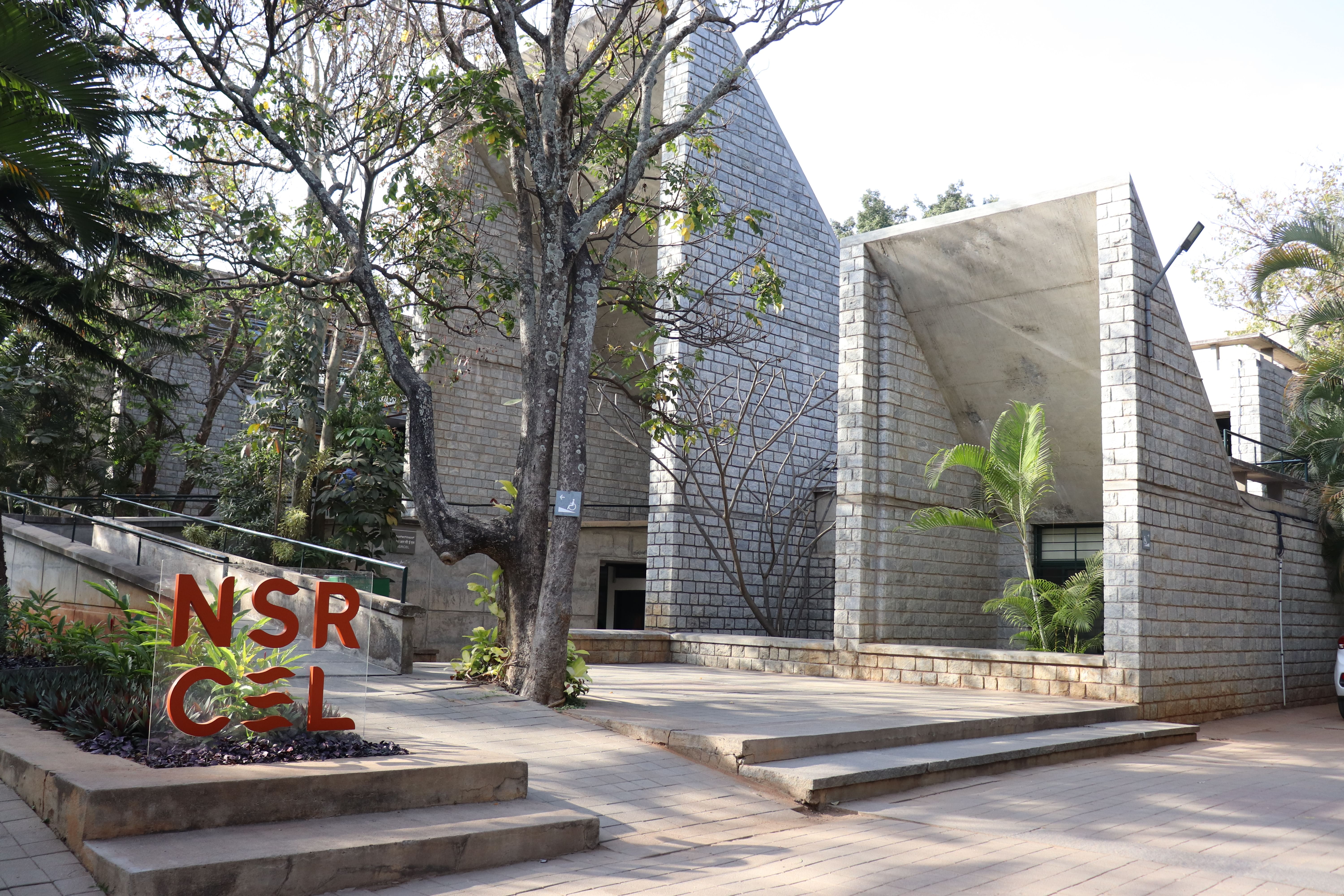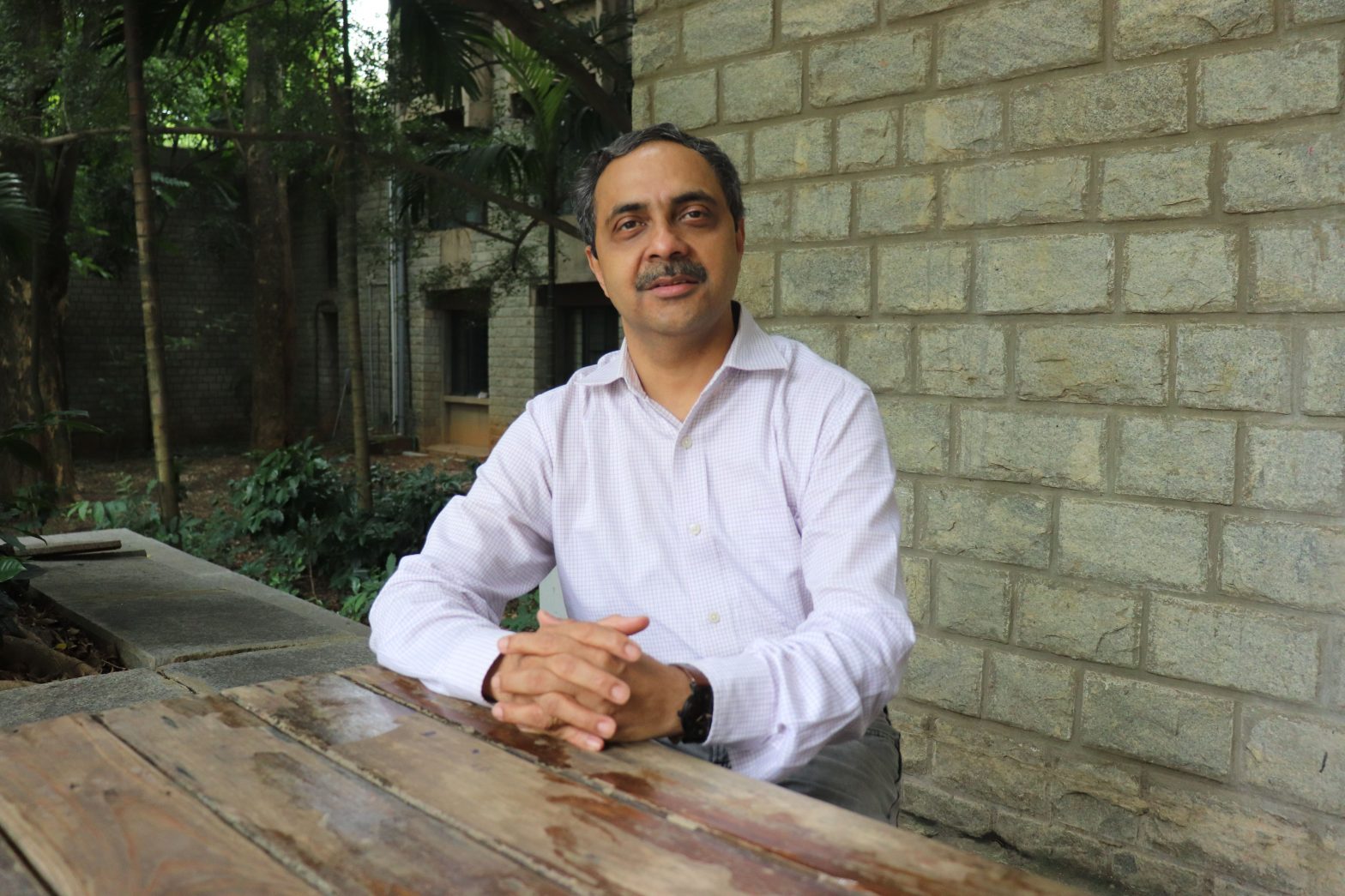The mobility ecosystem is undergoing a fundamental shift, with electrification, connectivity, automation, and the push for sustainable transportation driving the sector towards a major overhaul, it is opening opportunities for new entrants to offer breakthrough solutions. However, for the early-stage entrepreneurs, navigating this fast-changing landscape is often a daunting journey, particularly when policy frameworks continue to evolve and technology remains fluid, often making raising capital arise as a big challenge.
It is precisely this complex environment that NSRCEL – the startup incubation arm of IIM Bangalore – seeks to simplify. NSRCEL or the NS Raghavan Centre for Entrepreneurial Learning positions itself as an open business incubator that places as much emphasis on the entrepreneurial journey as it does on technology.
While technical validation and product prototyping are crucial, the incubator’s core strength lies in helping founders build viable business models and connect with partners who can accelerate their progress. According to Anand Sri Ganesh, CEO, NSRCEL, “For the innovator, this is a double-dip problem, wherein one needs to find a path to product-market fit while also operating in a space which is not yet fully defined. For us, this is a perfect opportunity for incubation.”
The mobility programme sits within NSRCEL’s larger focus on climate and sustainability, spanning energy, environment, and infrastructure, and within this umbrella, sustainable mobility has emerged as its natural area of concentration. Startups incubated under this program cut across diverse domains, right from EV drivetrains and battery management systems to advanced driver assistance systems or ADAS, last-mile connectivity solutions, digital twins, and even passenger comfort innovations.
“We bring partners that enrich the knowledge as well as understanding of the ecosystem for the founder so that they are able to get to their point of product-market fit faster and with less friction,” Anand Sri Ganesh, CEO, NSRCEL.
“Mobility is somewhat underserved as an entrepreneurial ecosystem compared to other spaces. That makes it a fertile ground for incubation because we can now create that mental model for the venture by bringing in partners that enrich the knowledge as well as understanding of the ecosystem for the founder so that they are able to get to their point of product-market fit faster and with less friction,” added Ganesh in an exclusive interaction with Autocar Professional.
The incubation centre specialises in augmenting a startup’s zero-to-four-year or its pre-Series-A journey and has umpteen examples of working with diverse startups across the country. While CY25 alone has seen NSRCEL incubate startups incorporated in 82 towns across India, most of them fall within the common thread of either being tech-enabled or tech-embedded ventures.
“Our best work gets done in the early stages of an enterprise, and about 90% of our ventures either have a patent, or an IP, or a fundamental innovation that constructs the venture, or they are using technology to translate a specific business model,” he explained.
Opening Doors
Over the past few years, NSRCEL has worked with a wide pool of mobility startups that showcase both technological depth and practical application. For instance, Chennai-based Rizel Automotive is one of its fastest-growing ventures, developing motors for electric vehicles across two-, three-, and four-wheeler categories. In the ADAS space, Rosh AI has built its scalable autonomous driving solutions, as well as fleet navigation and path optimisation tools for controlled environments like ports and airports, while Pune-based Starkenn focuses on driver alertness and safety monitoring in long-haul trucking.
While Bengaluru-based ValetEZ has digitised parking management in over 15 Indian cities by handling over 90 million parking events using its IoT platform, HyCube Works specialises in industrial 3D printing and has supplied advanced printers to the Indian Army and Air Force, enabling rapid prototyping and localised manufacturing for automotive and aerospace applications.
On the last-mile delivery side, ventures like Epick Bikes are enabling last-mile mobility through EV-based solutions. NSRCEL also incubates unconventional but highly relevant startups such as Woloo, which certifies clean, IoT-enabled public restrooms on highways to improve the travel experience, especially for women, and True Assist Technology, which has developed assistive mobility solutions for differently-abled passengers, with Maruti Suzuki and Hyundai as key OEMs to evaluate the integration of the technology into their respective products.
NSRCEL’s collaboration with leading carmaker Maruti Suzuki India (MSIL) through the latter’s Maruti Suzuki Innovation programme has also seen the identification and development of various mobility startups across multiple categories. Its association with automakers not only brings credibility but also provides startups with an immediate platform to test, refine, and scale their innovations. In turn, OEMs gain access to agile, out-of-the-box technologies that may not emerge from their internal R&D processes.
As India’s largest carmaker, MSIL says it plays a key role in incubating startups through its Maruti Suzuki Innovation programme, wherein it partners premiere institutions such as IIM-Bangalore NSRCEL, T-Hub, and Nasscom, among others. Shortlisted startups receive guidance, mentorship and integration and exposure to Maruti Suzuki’s innovation ecosystem, while also getting opportunities for paid proof-of-concept and access to one of the largest automotive testbeds.

MSIL has established the Maruti Suzuki Innovation Fund to invest in promising startups. For instance, the carmaker has invested around Rs 2 crore in Sociograph Solutions to use its visual AI platform, Dave.AI, to enhance its customers’ digital sales experience. In addition, India’s leading passenger vehicle manufacturer has made an investment of around Rs 1.99 crore in Amlgo Labs, a technology-led startup operating in the area of data analytics, cloud engineering, Machine Learning (ML) and Artificial Intelligence (AI), to assist companies in data-driven decision making.
According to the carmaker, its innovation programmes are designed to support startups and co-create solutions that can be integrated into Maruti Suzuki’s operations. As per an MSIL spokesperson, “In the journey of six years, over 5,220 startups have been screened, around 150 startups were engaged and 28 of these startups have been onboarded as partners delivering value to our business.”
“Industry-academia collaboration is a cornerstone of sustainable innovation. Our partnerships with institutions like IIM-Bangalore (NSRCEL), enable us to tap into cutting-edge research, nurture early-stage ideas, and build a robust talent pipeline. These collaborations help bridge the gap between theoretical innovation and practical application and foster a culture of experimentation and entrepreneurship,” added the company’s spokesperson.
Ensuring Promising Future
The sheer variety of startups incubated through its collaborative efforts with industry majors like MSIL highlights NSRCEL’s philosophy of looking at mobility holistically – not just in terms of vehicles and infrastructure, but also consumer experience, accessibility, and sustainability. With respect to the future of such startups, NSRCEL categorises the trajectories into three buckets.
Firstly, some deep-tech ventures in ADAS, materials science, or propulsion may evolve towards technology licensing or IP transfer, given their cross-domain applicability across mobility, drones, and even aviation. Secondly, areas like EV charging infrastructure and battery management are ripe for industry consolidation as protocols converge and standards emerge. As per Ganesh, in these cases, the startups may merge with larger players or become part of platform-aligned ecosystems.
And lastly, he mentioned that several ventures will scale independently into standalone companies with global ambitions. Ganesh explained that with mobility challenges being universal, Indian startups are increasingly creating ‘India-for-the-world’ innovations such as digital twins, green supply chain solutions, and sustainable materials that have relevance in markets from Europe to Southeast Asia.
Furthermore, as access to capital remains one of the biggest hurdles for early-stage startups, NSRCEL adopts a balanced approach, helping founders secure both dilutive (VC equity) and non-dilutive capital – grants, corporate challenges, and family foundations. While 70% of early funding typically comes from traditional VCs, Ganesh highlighted the importance of the remaining 30%. According to the NSRCEL CEO, deep-tech ventures in fields like biochemistry or alternative materials often face a long runway before market traction, making patient, non-dilutive capital critical.
Corporate innovation arms are also playing a growing role, offering prototyping capital to test solutions within their operations. As Ganesh puts it, “A corporation may cut a US$ 50,000 cheque if a startup can prove its use case on their assembly line or within their fleet. If it works, then scaling becomes a natural next step,” he explained.
With a booming economy and ambitious targets toward decarbonisation, road safety and electrification, nurturing the right innovation ecosystem will be critical to India’s long-term roadmap. As a result, NSRCEL, with its open incubation model, national reach, and focus on business-building alongside technology, is positioning itself as a critical bridge between entrepreneurial energy and industry adoption.
“Our belief is that mobility startups from India are not just solving local problems but are increasingly shaping global solutions. The India-for-the-world innovation in mobility is a very strong force, and NSRCEL is proud to play a role in nurturing it,” Ganesh signed off on an optimistic note.
Also read: Maruti Suzuki Selects Nine Startups for Ninth Accelerator Program Cohort

